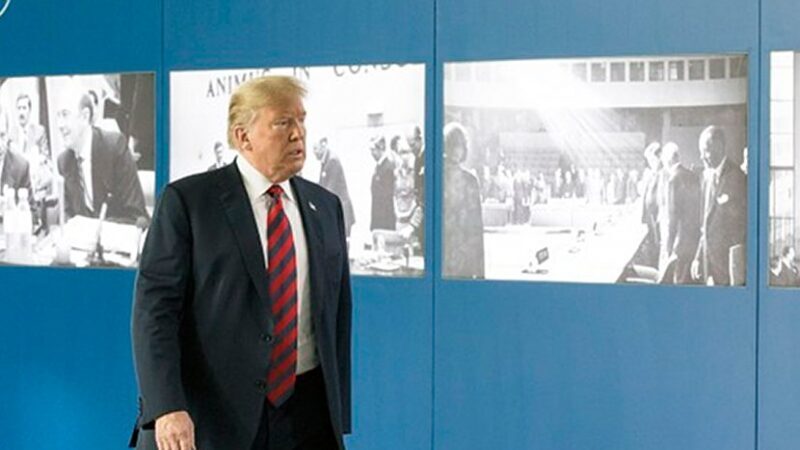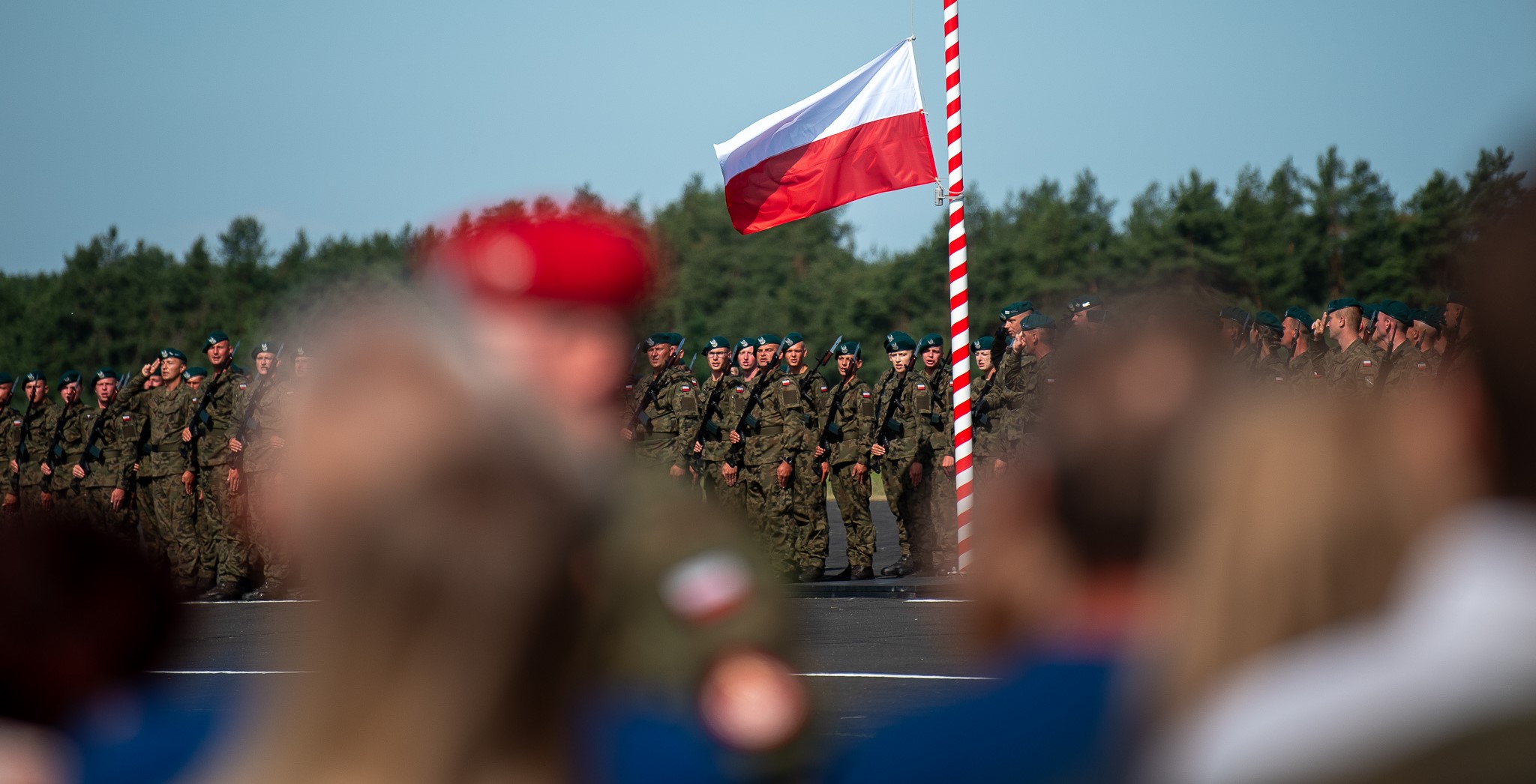



At the recent World Economic Forum in Davos, former U.S. President Donald Trump reiterated his call for NATO allies to significantly increase their defense spending to 5% of their GDP. This demand comes amid ongoing discussions about the adequacy of defense budgets in Europe, where many countries, including Germany, currently spend less than this threshold, with Germany's defense spending recorded at 2.14% of GDP in 2024 [d36f4874]. Poland, however, has emerged as a leader in defense spending, allocating 4.12% of its GDP for 2024 and planning to increase this to 5% in 2025 [5df74c1b].
Trump's statements at Davos were not limited to NATO spending; he also warned global businesses to manufacture in the U.S. or face tariffs, emphasizing the need for a fair trade relationship with China. He expressed a desire to meet with President Xi Jinping to discuss these issues [f65c4213]. Additionally, Trump vowed to ask Saudi Arabia and OPEC to lower oil prices, highlighting the importance of U.S. energy independence and assuring energy supplies to Europe amid the ongoing Ukraine crisis [f65c4213].
Poland's Defence Minister Władysław Kosiniak-Kamysz has endorsed Trump's proposal, labeling it an 'important wake-up call' for Europe amid ongoing security challenges, particularly in light of Russia's invasion of Ukraine [5df74c1b]. The Polish government is advocating for a substantial increase in defense budgets across the EU, aiming to secure €100 billion for defense from the next budget cycle starting in 2028 [5df74c1b].
NATO Secretary General Mark Rutte has emphasized the insufficiency of European defense spending, noting that while the target of 2% of GDP was set in 2006, only the U.S., UK, and Greece met it by 2014. However, by last year, 23 out of 32 NATO members had met this benchmark [5cd953b2]. Trump's suggestion to raise defense spending to 5% of GDP is seen as a potential catalyst for renewed discussions on military budgets across the alliance. Current U.S. defense spending stands at 3.4% of GDP, approximately $960 billion [5cd953b2].
In stark contrast, Ukraine's defense spending has skyrocketed to over 30% of its GDP in 2024, reflecting the urgent need for military readiness in the face of aggression [d36f4874]. As the geopolitical landscape evolves, Poland's commitment to enhancing its military capabilities is indicative of a broader trend among NATO countries to prioritize defense spending in response to potential threats from Russia and its allies [5df74c1b].
Despite the push for increased spending, analysts suggest that most NATO countries are unlikely to reach Trump's 5% target within the next decade, making the feasibility of such a proposal a topic of ongoing debate [d36f4874]. Allies worldwide are also encouraged to consider their regional security responsibilities as economic ties between the U.S. and Europe remain crucial for NATO's stability [5cd953b2]. Trump also announced a $500 billion AI investment deal and criticized President Biden's economic policies, further emphasizing his commitment to a more peaceful world under his leadership [f65c4213].